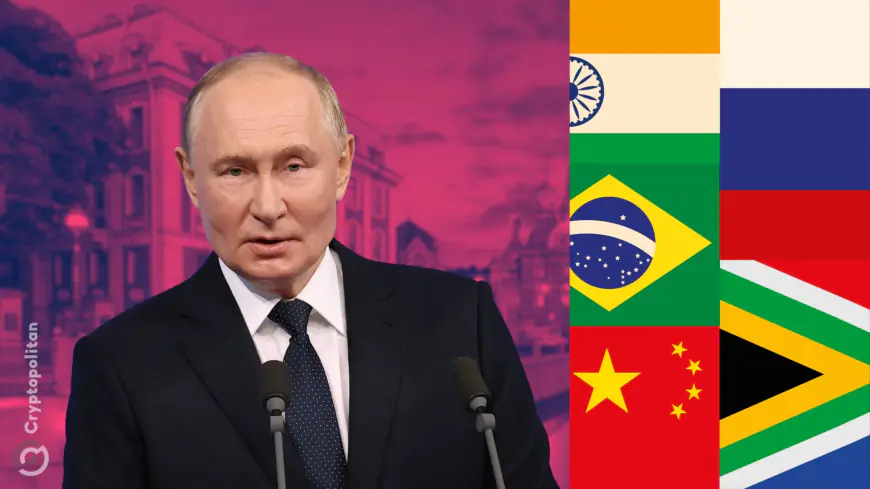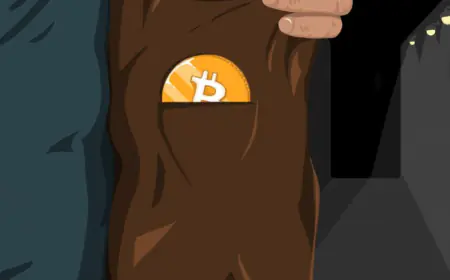Putin meets with top BRICS security officials in high-level talks
Russian President Vladimir Putin met with top BRICS security officials today at the Konstantinovsky Palace in Saint Petersburg. This meeting is part of a two-day security summit, with Russia holding the presidency for the year. Putin mentioned that 34 countries have shown interest in joining BRICS. “We cannot ignore the increasing interest in BRICS from […]

Russian President Vladimir Putin met with top BRICS security officials today at the Konstantinovsky Palace in Saint Petersburg. This meeting is part of a two-day security summit, with Russia holding the presidency for the year.
Putin mentioned that 34 countries have shown interest in joining BRICS. “We cannot ignore the increasing interest in BRICS from many countries,” he said.
The group, which started with Brazil, Russia, India, China, and South Africa, has now added Iran, Egypt, Ethiopia, and the UAE.
It now represents nearly 46% of the world’s population, accounts for 36% of global GDP, and handles 25% of global trade. BRICS is becoming a serious player in global politics and economics.
Emerging markets, frustrated with Western financial dominance, are increasingly drawn to Putin and his buddies. This ties into the group’s goal of building a multipolar world.
The founding BRICS members have been clear about their intention to reform global institutions like the United Nations, the IMF, and the World Bank. Their goal is to make these organizations fairer and less controlled by Western powers, especially the U.S.
One major topic discussed was the upcoming launch of a new payment system called BRICS Pay, which is supposed to help member countries trade using their own currencies.
The system is expected to launch in October, with 159 participants from over 20 countries involved. It’s designed as a blockchain alternative to SWIFT, the current system for international payments.
Russia has already created its own alternative to SWIFT, known as SPFS. Recent U.S. interest rate hikes have also caused money to flow out of many Global South countries, making their economies worse
BRICS countries see these new payment systems as a way to avoid relying on the dollar.
Though BRICS hasn’t officially adopted cryptocurrencies like Bitcoin for trade, talks about digital assets are happening. Russia and China are both interested in blockchain technology.
There’s even talk of integrating Ripple’s XRP Ledger for cross-border payments, as was reported by Cryptopolitan. Brazil, under its new leadership, has also shown interest in using Bitcoin and other cryptocurrencies to boost financial inclusion and create new payment options.
On the U.S. front, Donald Trump, once a critic of cryptocurrency, has made a complete 180. His 2024 presidential campaign is now pro-crypto. He’s vowed to make the U.S. the “crypto capital of the planet” if he gets back in office.
His latest venture, World Liberty Financial, launching on September 16, is a crypto lending business. In a recent announcement, Trump said:
“We’re embracing the future with crypto and leaving the slow and outdated big banks behind.”
Trump even suggested that the U.S. should create a Bitcoin reserve and keep the $5 billion worth of Bitcoin the government has seized.
He’s also shown support for decentralized finance (DeFi), opposing centralized digital currencies like Central Bank Digital Currencies (CBDCs).
What's Your Reaction?








































































































